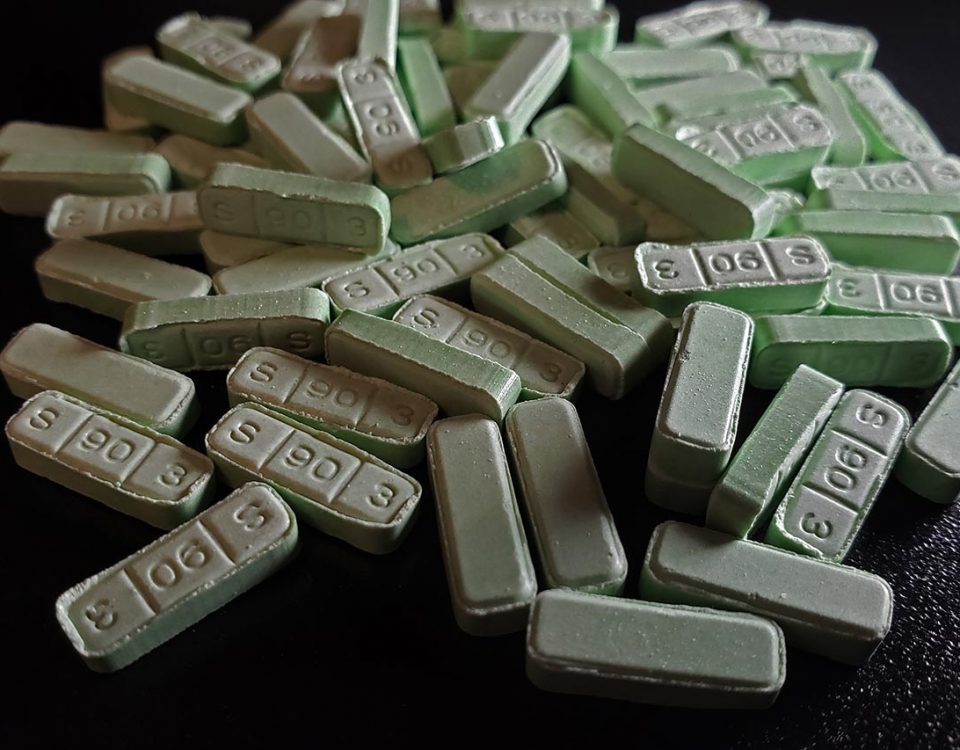For people struggling with conditions like anxiety or insomnia, symptoms can escalate so intensely that the intervention of medication like chlordiazepoxide is needed. There is nothing wrong with this, although it is important to adhere to the directions of the medical professional that prescribed them. Additionally, these drugs can present their own side effects that can cause issues for users. Banyan Treatment Centers Philadelphia is taking a look at chlordiazepoxide side effects, what this medication is, and why it is used.
What Is Chlordiazepoxide?
Chlordiazepoxide is a benzodiazepine medication primarily used to alleviate anxiety disorders and symptoms of alcohol withdrawal. This drug functions by augmenting the activity of the neurotransmitter gamma-aminobutyric acid (GABA) to reduce anxiety and promote relaxation. A chlordiazepoxide dose is administered orally in capsule or tablet form, with the treatment duration and dosage contingent on the individual's response to therapy and their medical condition. However, prolonged usage of chlordiazepoxide may lead to dependence, addiction, tolerance, and withdrawal symptoms. As such, it is vital to observe caution when using this drug to avoid abuse and dependence.
Side Effects of Chlordiazepoxide
Although chlordiazepoxide is useful in alleviating anxiety and treating alcohol withdrawal symptoms, it still presents a list of possible side effects that patients may experience. These can range in severity, and any symptoms you experience, especially those that seem dangerous or serious, should be addressed with a healthcare professional as soon as possible.
Chlordiazepoxide side effects include:
- Drowsiness and dizziness: This symptom is especially likely when taken in high doses or for a long time. Patients should avoid driving or operating heavy machinery until they know how the medication affects them.
- Weakness and fatigue: These symptoms can be more common in elderly patients or those with other medical conditions.
- Confusion and memory problems: Chlordiazepoxide can affect cognitive function in some patients, causing them issues with memory.
- Headache and blurred vision: Although these are more common side effects, patients should inform their doctor if these symptoms persist or become severe.
- Nausea and vomiting: A patient may experience digestive issues, especially when this drug is taken on an empty stomach. Patients should take this medication with food to reduce these symptoms.
- Dry mouth and constipation: To avoid either of these, patients should drink plenty of fluids and eat a high-fiber diet that can help alleviate these symptoms.
- Allergic reactions: In rare cases, chlordiazepoxide can cause allergic reactions, such as hives, difficulty breathing, and swelling of the face, lips, tongue, or throat. Patients should seek immediate medical attention if they experience these symptoms.
- Dependence and withdrawal: Chlordiazepoxide can be habit-forming and can cause dependence and withdrawal symptoms if taken for a long time or in high doses. Patients should follow their doctor's instructions carefully and not stop taking the medication abruptly.
It is just as important to avoid mixing this medication with other intoxicating substances. Any form of polysubstance abuse heightens the risk of adverse symptoms.
Chlordiazepoxide and Alcohol
The interaction between alcohol and benzodiazepines is intricate and potentially hazardous. Both substances act on the same receptors in the brain and can cause comparable effects, such as sedation and impaired cognitive function. If consumed together, they can amplify each other's effects, leading to excessive sedation, respiratory depression, coma, and possibly death.
Furthermore, chlordiazepoxide is frequently prescribed to manage alcohol withdrawal symptoms, such as seizures and tremors, which can occur when a heavy drinker abruptly ceases alcohol consumption. Combining alcohol with chlordiazepoxide during this period can be especially risky and may heighten the likelihood of seizures and other complications.
As a result, it is crucial to avoid alcohol consumption while taking chlordiazepoxide or any other benzodiazepine medication. Patients should also disclose any alcohol use to their healthcare provider and meticulously adhere to their doctor's instructions to avoid potential hazards and adverse effects.
Heal From Benzodiazepine Abuse With Our Philadelphia Drug Rehab
If you or a loved one has struggled with an addiction to Benzos, our Philadelphia substance abuse programs can help. Upon arriving at our drug rehab in Langhorne, PA, patients are placed into the appropriate level of care that will help them make the most of their recovery experience. Don’t assume that you need to face these challenges alone. There is a team of dedicated and capable individuals who are ready and waiting to help you achieve long-lasting sobriety.
Call Banyan today at 888-280-4763 to learn about the programs and treatment methods offered at our rehab in Philadelphia.
Related Reading









